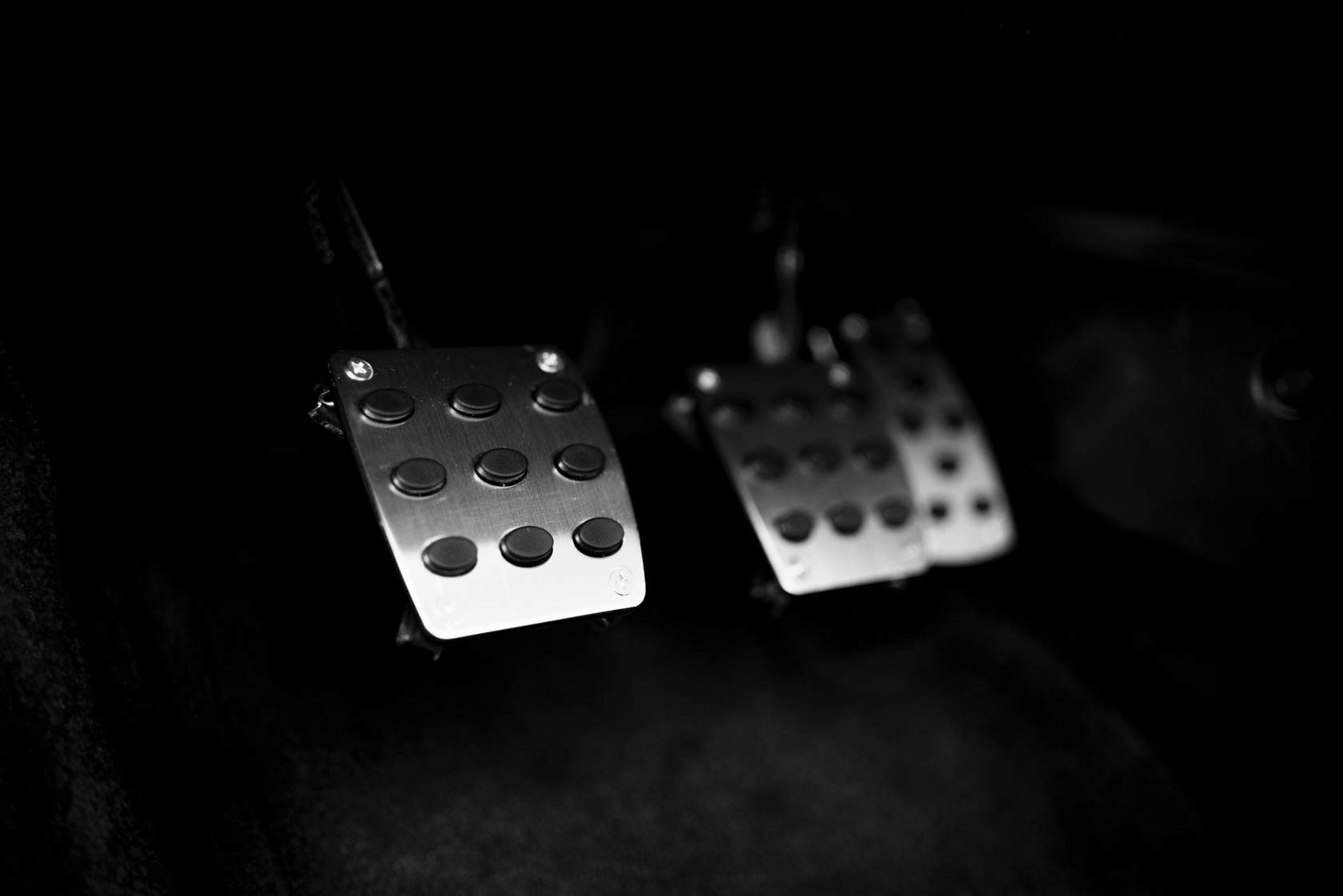If you are a vehicle owner who enjoys a manual transmission, you are familiar with the importance of a well-functioning clutch. In basic terms, the clutch acts as a mechanical linkage between your vehicle’s engine and the transmission. When the clutch is engaged, it temporarily disconnects the engine and transmission to allow your vehicle to move into a higher or lower gear.
A well-functioning clutch is vital to your manual transmission. This makes it critical for vehicle owners to understand how to keep the clutch in good working order through their driving habits, and proper maintenance. In this month’s blog, we highlight driving habits that can contribute to clutch problems, and ways to increase the longevity of your clutch through maintenance.
Five Ways to Ruin Your Clutch
| Don't... | Do... |
|---|---|
| Don’t “ride the clutch”, which means you are keeping your foot on the clutch pedal when accelerating. | Remove your foot after you have engaged the clutch and switched to the right gear. Never keep your foot on the clutch when your foot is on the gas pedal. |
| Don’t use your clutch in lieu of brakes if you are temporarily stopped on a hill. Drivers use this bad habit to “hold” the vehicle on a hill instead of using their brakes. | Engage the emergency brake if you need to temporarily hold the vehicle on a hill. |
| Don’t let the clutch pedal out before you have shifted gears. | Wait until your vehicle is shifted into the new gear then let your clutch pedal out. |
| Don’t be reckless when towing a heavy load as this can put a lot of strain on the clutch. | Be deliberate and careful about how you are shifting when towing a heavy load. Smoother shifting will help to keep the clutch from damage and wear. |
| Don’t press the clutch halfway when shifting gears. | Engage the clutch pedal fully when shifting gears, and then fully release your foot from the pedal when you are in the new gear. |
Clutch Maintenance
If you are diligent about good driving habits, you should be able to extend the health of your clutch and manual transmission. However, there are ways you can enhance your vehicle’s clutch health through proper maintenance too.
- Have a service professional “bleed” your hydraulic fluid to remove any air pockets.
- Check your transmission fluid periodically and make sure to replace it every 30,000 – 60,000 miles driven. If you drive your vehicle “hard”, you may want to consider doing it every 15,000 miles.
- Change your vehicle’s motor oil on a regular schedule. Motor oil is important to the health of the engine and other parts, so it can even impact your transmission.
With some improved driving habits, and a few basic maintenance items, you can keep your clutch working properly.
Finally, make sure to pay attention to the sounds that your vehicle makes when you are shifting gears. If you notice unusual sounds, make an appointment with a service professional like our technicians at Best Western Transmissions. Give us a call today to schedule an appointment to inspect your transmission and talk to you about any necessary repairs.

